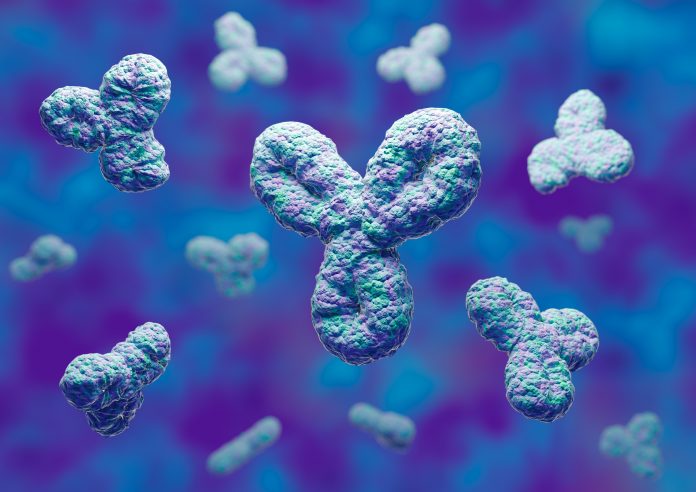
The Human Immunome Project, a global nonprofit scientific initiative, has released its plans to decode and model the human immune system by generating the world’s most diverse and largest immunological dataset to date.
Understanding the complexities of the human immune system is essential for developing treatments against different diseases—including cancer, autoimmune, and infectious diseases—and improving humans’ overall health.
In the next years, the Human Immunome Project will work with a network of global study sites to build a dataset representative of human diversity and the complexity of human immune responses. Data will be generated with the help of HIP-engineered Immune Monitoring Kits, enabling the collection of globally standardized data.
Once collected, the data will be used to feed publicly available AI models of the immune system, which can process trillions of data points in a short amount of time. This will allow researchers to understand how the immune system varies across individuals, and how we can further develop more targeted approaches to treat different immune-related diseases.
“The immune system is the epicenter of human health, and our newly released Scientific Plan outlines an actionable, global strategy for how we can unlock the secrets of the immune system and harness its power to improve health for all,” explained Hans Keirstead, CEO of the Human Immunome Project, in a press release.
In the first phase, the Human Immunome Project will work on engineering the Immune Monitoring Kits and begin collecting data in up to ten “Pilot Sites” across Africa, Australia, East Asia, Europe, the Middle East, and North and South America.
Over five years, each site will collect data from approximately 5,000 people. In the first three years, all participants will receive flu vaccines with blood and saliva samples taken before and after vaccination. After three years, only half of the participants will receive flu vaccines.
“Data collected will include thousands of immunological parameters (cells, transcripts, antibodies, proteins, epigenetic modifications, and metabolites) from each individual,” explained the Human Immunome Project organizers on their website.
During phase two of the Human Immunome Project, the ten “Pilot Sites” will be expanded to more than 100 study sites globally, with a great emphasis on diversity in samples and populations to ensure the “dataset reflects immune variance across age, ethnicity, sex, and socioeconomic status.”
Phase two will also see the deployment of the newly engineered Immune Monitoring Kits which are central to the project’s scientific approach. They will allow for consistent measurements and enable local sites to pursue data generation, processing, and storing.
“Successful execution of Phase II will enable Human Immunome Project to move from training and validating a predictive AI model to building a more comprehensive AI model that can predict immune responses and health trajectories of individuals using baseline information,” write the organizers.
During the third and final phase of the Human Immunome Project, the dataset will continue to grow and AI models will be expanded. These goals will be pursued, first, by developing artificial immune systems, and second, by developing quantitative, predictive models for molecular recognition.
“The Human Immunome Project is at the cutting edge of scientific discovery and is uniquely positioned to provide the scientific and medical communities with the knowledge and tools to innovate new diagnostics, drugs, vaccines, and immunotherapies that can address disease, elongate healthspans, and enable more personalized and more effective healthcare for all,” Keirstead said. “I could not be prouder to lead this global effort.”












